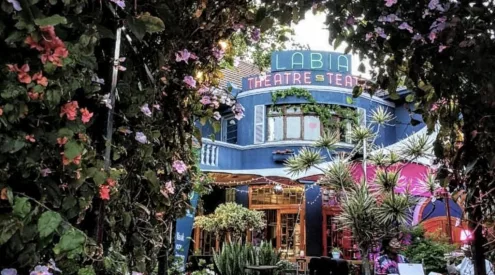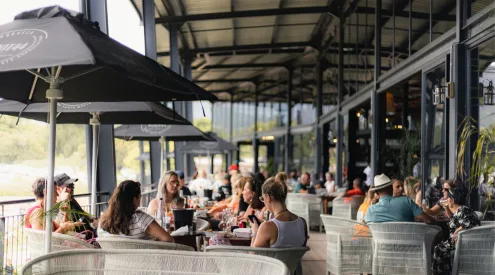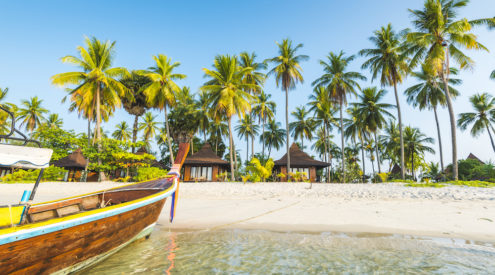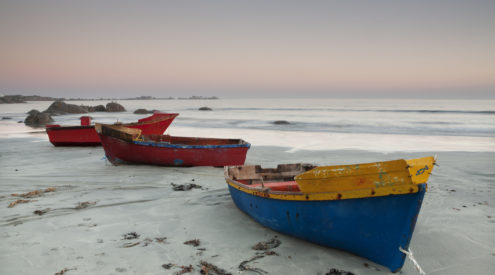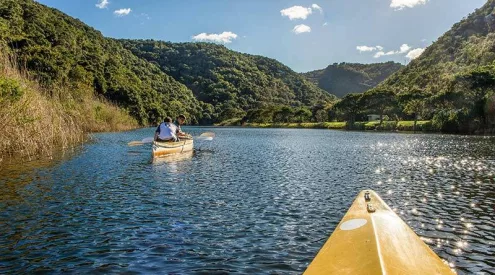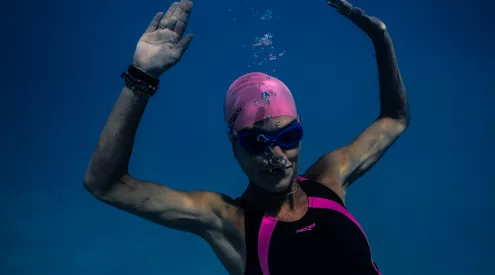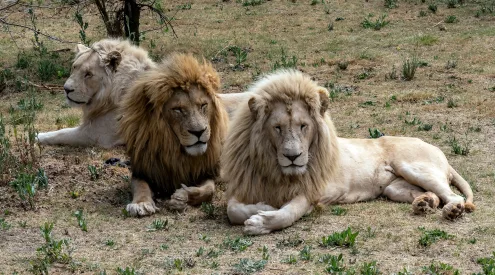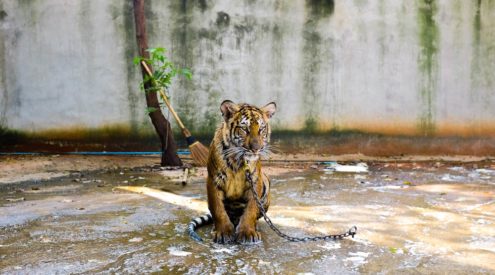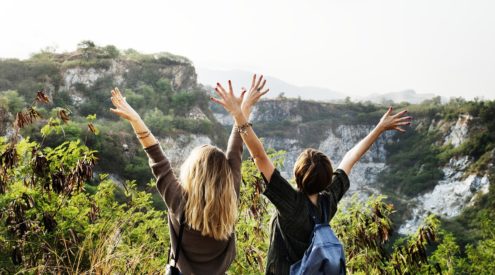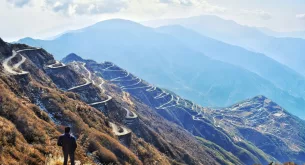I wake up to the sound of a deep base drum, and chanting. As I surface from sleep in my bunk bed at Sister Kerri’s B&B in Judah Square Rastafarian Community I become aware of other noises in the early dawn. School buses and taxis hoot in Khayalethu township. Children’s voices carry on the still air. A cow moos mournfully. Before I even open my eyes I am smiling.
I arrived late yesterday afternoon after a 3 hour tour of Khayalethu with Ella and Penny, co- owners of Emzini Township Tours. The tour takes in visits to a pre-school, a safe house for abused women and children and a stop at Ella’s own home where we have tea and vetkoek, meet her mom and some of the children who live in her home, and enjoy singing and drumming together. Wherever we drive through the township children come running from all directions, recognizing the Emzini van, and we stop to hand out sweets while Penny, an animal lover, feeds the many stray dogs with quality dog food. “We’re like the ice-cream van of the townships,” laughs Penny as more tiny kids run up calling out “ilekesi! Ilekesi!” (sweets!)
At Ella’s home she shares some of her personal life with us. Ella contracted HIV some years back and still remembers to this day the shock of hearing her status. She had contracted it accidentally through contact with contaminated blood. She found love and acceptance at a church where she met Penny. The church also helped her to complete her schooling and she and Penny became great friends and set up Emzini together. They use the money they make from the tours to fund their various projects in the township.
Penny recalls: “Ella started dragging me into the township to see what her life was about and to meet her family. Eventually I couldn’t stay away. In return for me spending almost all my time here, I make her come with me to the ballet once a year. It’s a fair exchange,” she smiles. Ella laughs, “Ballet is not part of our culture but now I look forward to going.”
After saying goodbye to Penny and Ella I make my way to Judah Square where I am welcomed by a group of men at the entrance to the community, or House as it is called. Greetings of “Irie!” come from all around. I learn quickly that shaking hands is not appropriate here and that fist bumping is the preferred method of saying hello.
Maxie, one of the dreadlocked men at the little informal information kiosk takes it on himself to tell me about the community. “People always think we Rastafarians are dirty people with dreadlocks who smoke ganja all day. But even though ganja is a sacred part of our way of life there is more to our House (community) than that. We want people to come here and learn about us, our beliefs and our lifestyle.”
There are between 21 and 24 families living here – a small community but I am to learn quite powerful in their own quiet way. As I wander up the one main street I meet a group of Rasta kids playing cricket in front of colourful murals along roadside wall.
After a while Sister Kerri arrives and walks me to her B&B which is situated in front of the tabernacle and alongside the Educare centre. I am expecting a dark skinned South African woman but Sister Kerri is a surprise. She is an older woman with a lisp and an Australian accent, her dreads covered by a large floppy “˜doek’.
“I’m really sad today,” Kerri tells me as she unlocks the door to the tiny but spotless B&B – one bedroom with 2 bunk beds and an en suite bathroom with toilet and cold water shower. “I had to have my dog Irie put down this morning.” Despite this Kerri is friendly and genuinely warm. Once I’ve settled in she invites me to join her at her own home next door for supper.
While preparing a completely delicious Vegan supper, Kerri tells me all about her life, which has been long and interesting. She came to Rastafari in the Bahamas in her 20s and has followed that path her whole life. Her son, 24 year old Shikaki, lives with her and sells vegetables at a market. She has been single for many years. “I see the way Shikaki treats his girlfriend and I say to him, “Where were all the brothers like you when I was younger?'” Here everyone is Brother or Sister.
The next morning after my early awakening Sister Kerri pops in to say goodbye and leave her key with me. She has left me fresh fruit salad to help myself as Shikaki will be leaving for the market soon.
A little while later Shikaki appears at my door. He is eating something from a wooden bowl.
“Hey, my mom has left already. Do you need anything?”
“I’m good, your mom left me some breakfast,” I reply.
He hesitates: “Did she say what she left for you?”
“Fruit salad.” Shikaki looks down at his bowl.
“Are you eating my breakfast?” I smile.
We both laugh.
“Wait, I’ll get another spoon,” he says and goes back inside to do so.
We share the rest of the fruit salad. With his golden skin, waist length dreads and green eyes, I really don’t mind too much.
After breakfast I am invited by two young brothers, Eugene and Wayne, and a dog called Ganja, to go on a hike through a specially designated piece of reserve that the House of Judah and SANParks are working on together. They are clearing away alien vegetation and grow fynbos and herbs, and have created a trail for tourists. School groups from the greater community come to help clear away pines and other alien plants and pick up litter, and to learn about nature and conservation.
After this I pop in at the Educare centre where not only Rasta kids but also other little ones from Khayalethu are looked after and taught. Before I say goodbye to Judah Square I spend time with Brother Maxie in the Tabernacle where he explains the symbolism represented by the altar, images of Haile Selassie and the drums or as they call them harps. He reads me a Psalm and explains some of the basics of Rastafari beliefs. Maxie picks up a large drum stick and starts banging on a large base drum. One hard beat followed by a softer beat – the same rhythm that woke me this morning.
“It is like a heartbeat – the heartbeat of our House. It says “Do Good. Do Good. Do Good.”
As I drive out of Judah Square, the men at the gate waving and calling “Jah Bless!” I think how appropriate that is – the House of Judah might grow illegal herbs, they might be seen by some as dirty or lazy stoners, but from everything I see, they try to Do Good each day.
Find out more:
Judah Square Rastafarian Community

